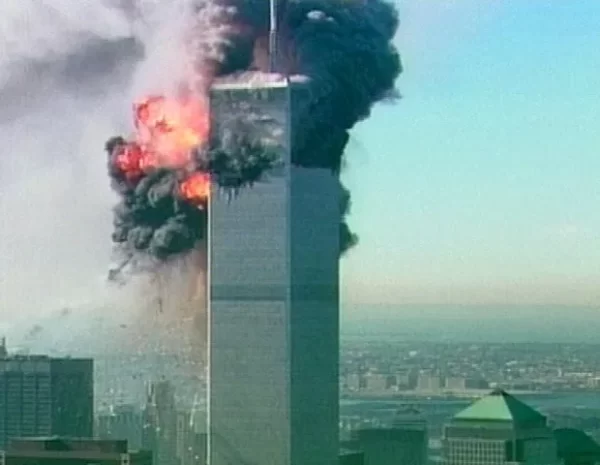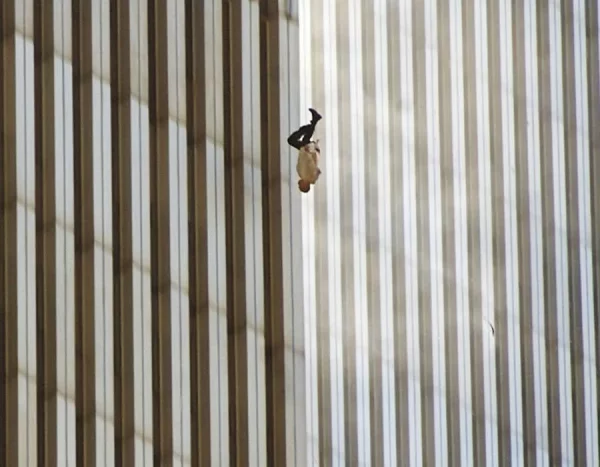by Richard Schulman

After December 7, 1941 (Pearl Harbor Day), Americans resolved that such a devastating surprise attack would never be allowed to happen again. Three generations later, that avowal had become forgotten. The surprise attack of 12/7 was followed by the no less deadly surprise attack of 9/11.
Therefore, on this day of remembrance, we must ask: Is the US still vulnerable to a devastating surprise attack, having failed to correct the problems that led to the first two? Isn’t there a risk that like causes will lead to like effects?
Unfortunately, yes. Both 12/7 and 9/11 reflect institutional failures that are still with us:
- Inadequate military preparedness and inadequate military response to earlier provocations,
- Massive intelligence failures, and
- Unhelpful blame-shifting and government cover-up after the events.
Pearl Harbor
US narratives often describe Japan’s 1941 attack on Pearl Harbor as “infamous” and “perfidious.” Did the US expect a parchment declaration of war delivered to the State Department three days before the commencement of hostilities? Surprise is a universal of war, not a diplomatic nicety. Carl von Clausewitz, author of a classic treatise on war, wrote of the “desire… no less universal… to take the enemy by surprise” and “We suggest that surprise lies at the root of all operations without exception.” (On War, book III, chapter 9)
The US had clear indication that the Japanese would initiate war within a matter of days — but didn’t know where. A Japanese attack on Pearl Harbor would be devastating but was considered unlikely. Nevertheless, in the last few days before December 7th, separate pieces of intelligence made clear Japan’s intended target and even the time of attack. This was through diplomatic cables either decrypted or that should have been. Unusually, the whereabouts of the Japanese fleet was unknown. A US radar operator spotted a formation of unknown airplanes heading toward Pearl Harbor. A Japanese minisub was detected and destroyed near the harbor entrance. In themselves, the separate signals were ambiguous. Put together, an imminent Pearl Harbor attack would have been obvious. But communications within and between Pearl Harbor and Washington, DC were unreliable. In consequence, within hours US naval and air power in the Pacific were reduced to flame and smoke. Then the finger-pointing and blame-shifting began.
World Trade Center and Pentagon
Intelligence failure was similarly to blame for al-Qaeda’s successful 9/11 attack on two symbols of US economic and military power: the World Trade Center towers and the Pentagon. Beforehand, the CIA and FBI had all the pieces necessary to identify the actors and their intentions. But as with the Pearl Harbor intelligence failure, the pieces by themselves weren’t decisive – they had to be put together. Communication within and between CIA and FBI was poor. The intelligence and prosecutorial sections of the FBI weren’t supposed to communicate with each other. FBI headquarters in Washington ignored critical reports from its own officers in the field, including a report that some suspects training at a US flight school were only interested in learning how to take off in a plane but not how to land it.

Why it could it happen again?
Do US vulnerabilities like those that enabled the December 7th and September 11th surprise attacks still exist? Yes. The proposed 8% increase in the military budget for 2023 won’t cover recent inflation, the need for military pay raises (the lack of which is contributing to the recruitment and re-enlistment crisis, along with a Covid inoculation mandate), and the urgent need for rearming a seriously weak US military. According to the widely read Heritage Foundation’s “2023 Index of U.S. Military Strength,” the US is no longer able to fight two major wars at once (the former standard of adequacy); its military power “is ‘weak,’ down from ‘marginal’ in the previous year’s index”; it’s “a force in decline, with only the Marine Corps ranked ‘strong’ overall.” The required rearmament and pay raises could have been easily provided for with funds largely wasted on the Biden administration’s expensive, strategically foolish, scientifically dubious war on fossil fuels.
As for the intelligence community, it arguably does more harm than good. The FBI and CIA leaderships are massively corrupt, as shown by the former attempting to bring down a US president through false allegations of Russian collusion; and the latter – more than fifty former intelligence officials — lying to the public that an incriminating suitcase belonging to President Biden’s son was Russian disinformation. They likely did so to save Democratic presidential candidate Joe Biden from embarrassing revelations just before the 2020 presidential election, which was expected to be close.
There is no way such a compromised intelligence apparatus and weak military can be relied upon to deter a next surprise attack, one from which the US might never recover. Committee investigations and hearings in the newly Republican House need to play an active role in addressing both problems.
[12/5/2022: photo sources added, along with addition of Covid inoculate mandate as also harmful to recruitment.]

Ножи для кухни: лучшие решения для профессионалов и новичков
нож купить [url=https://www.wibe-industrial.ru/]https://www.wibe-industrial.ru/[/url] .
Финансовые новости для трейдеров: Будьте в курсе рыночных колебаний
финансовые новости мира [url=http://www.54mospb.ru/]http://www.54mospb.ru/[/url] .